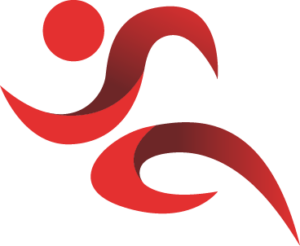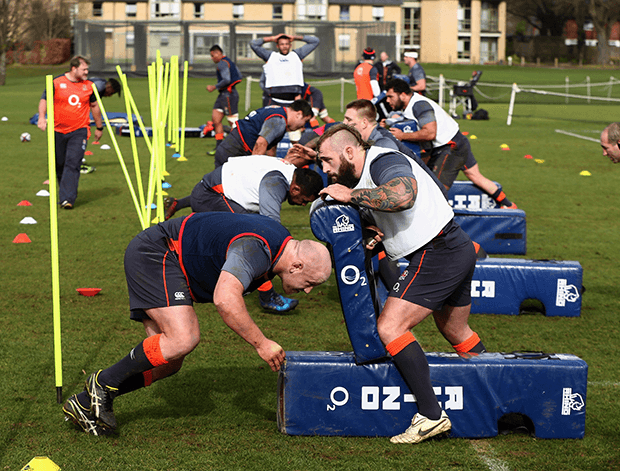While growing evidence constantly supports the use of photobiomodulation laser therapy (PBM) for performance and recovery enhancement, there have only been laboratory controlled studies until recently. Therefore, the aim of this study was to analyse the effects of PBM in the performance and recovery of high level rugby players, during an anaerobic field test.
Twelve male, high level rugby athletes were recruited in this randomised, crossover, double-blinded, placebo-controlled trial. No interventions were performed before the Bangsbo Sprint Test (BST) at familiarisation phase (week 1). At weeks 2 and 3 pre-exercise PBM or placebo were randomly applied to each athlete.
PBM irradiation was performed at 17 sites of each lower limb, employing a cluster with 12 diodes (4 laser diodes of 905nm, 4 LED diodes of 875nm, and 4 LED diodes of 640nm, 30J per site).
Average time of sprints, best time of sprints and fatigue index were obtained from the BST. Blood lactate levels were assessed at baseline and at 3, 10, 30 and 60 minutes after BST. Athletes perceived fatigue was also assessed through a questionnaire.
PBM significantly improved average time of sprints and fatigue index in BST. It also significantly decreased the percentage of change in blood lactate levels and perceived fatigue.
This study along with many others to date has concluded that pre-exercise PBM with the combination of super-pulsed laser (low-level laser), red and infrared LEDs can enhance performance and accelerate recovery of high level rugby players in field test.
The full article can be viewed following the pubmed link:


